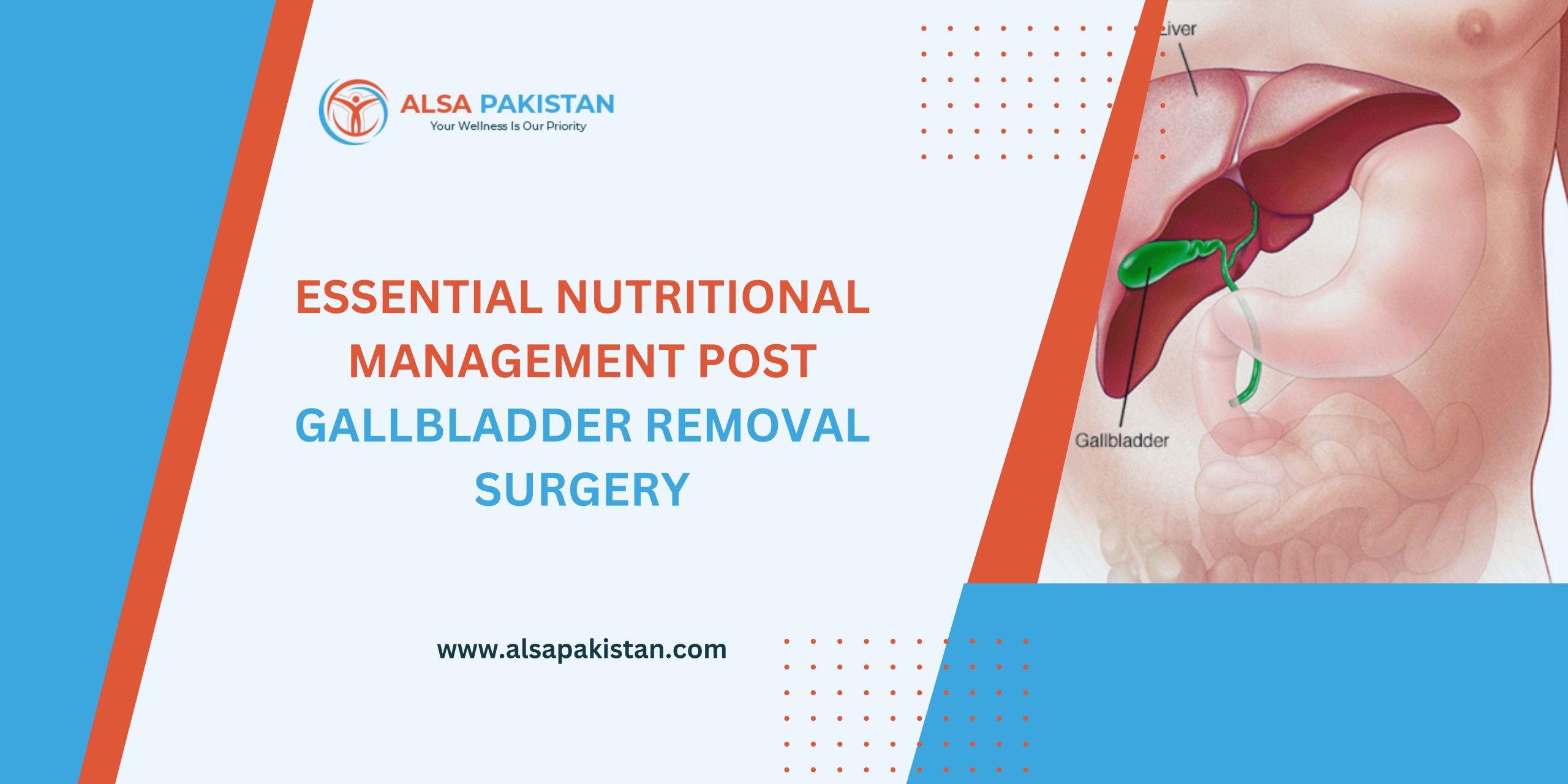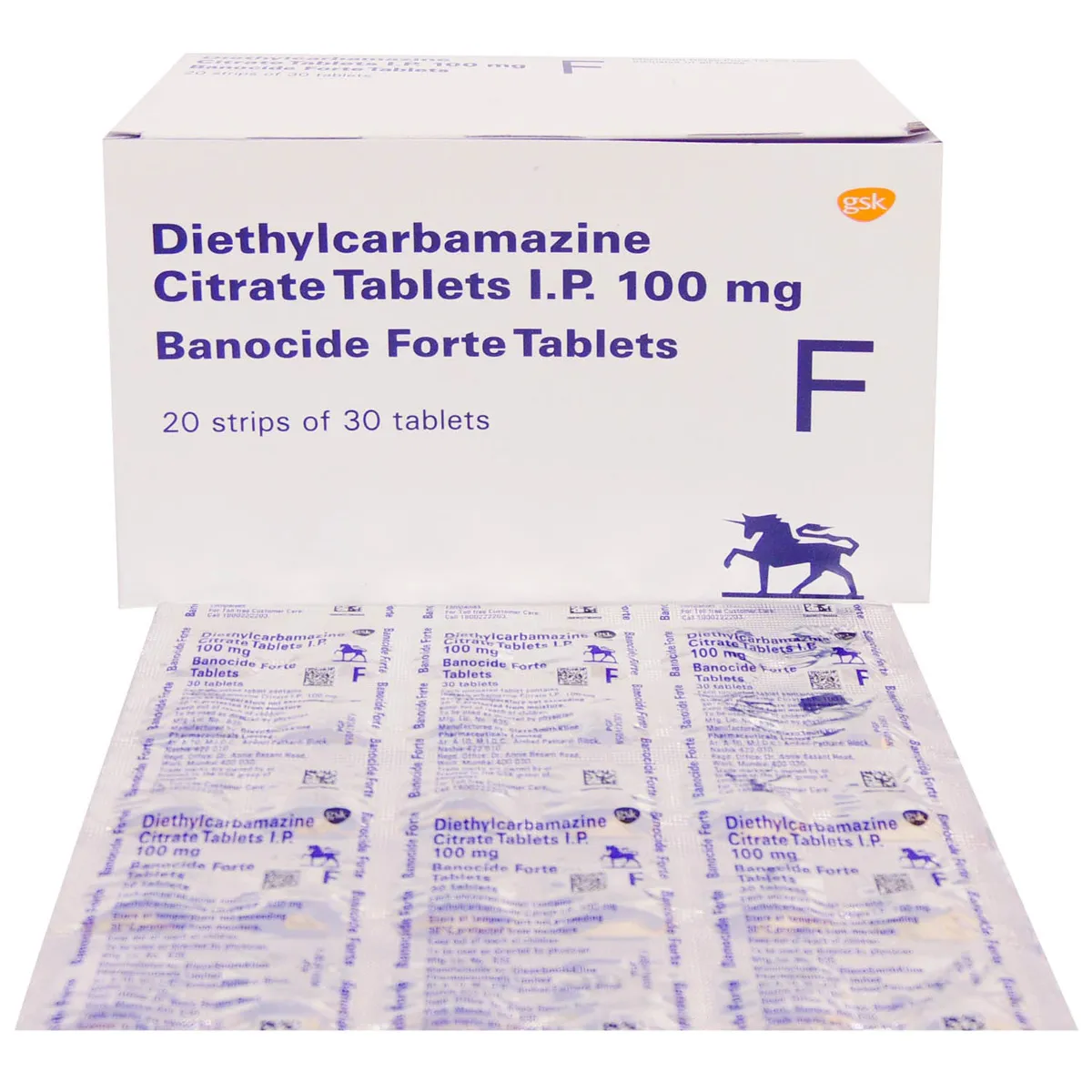Essential Nutritional Management After Gallbladder Surgery
Undergoing gallbladder removal surgery marks a significant change in how your body processes food, making essential nutritional management a critical aspect of your post-surgery journey. This transition requires understanding what your body needs and how to adapt your diet to meet these new requirements effectively.
Embracing essential nutritional management post-surgery is not just about short-term recovery; it’s a step toward long-term health and well-being. This introduction will explore why nutrition is paramount after gallbladder removal and how to navigate this new dietary landscape to support your body’s healing and adaptation process.
The Role of the Gallbladder in Digestion
The gallbladder plays a pivotal role in digestion, primarily by storing and concentrating bile produced by the liver. Bile is essential for breaking down fats, making the gallbladder a key player in the digestive process. However, when the gallbladder is removed, a significant change occurs in this system.
The body must adapt to directly utilizing bile from the liver, which can lead to differences in how fats are digested. This shift often necessitates dietary adjustment to compensate for the body’s altered food processing process. Understanding these changes is vital for anyone who has undergone gallbladder removal, as it directly impacts how they approach their diet and overall nutritional management.
Key Nutritional Considerations Following Gallbladder Removal
- Understanding Fat Digestion Post-Surgery
Initially, your body may struggle to digest fats efficiently. It’s advisable to start with a low-fat diet and gradually reintroduce fats, monitoring how your body responds.
- Importance of Fiber in Your Diet
Incorporating fiber-rich foods can help regulate digestion and prevent issues like diarrhea, which can be common post-surgery. Opt for whole grains, fruits, and vegetables.
- Smaller, More Frequent Meals
Eating less, more periodic meals can ease the digestive process. This approach helps manage the bile flow more effectively, reducing digestive discomfort.
- Staying Hydrated
Hydration is key. Drinking a lot of water aids digestion and helps flush out toxins, promoting better overall digestive health.
- Monitoring Your Body’s Responses
Every individual’s response post-gallbladder removal can vary. Pay attention to how your body reacts to different foods and adjust your diet accordingly.
- Nutritional Supplements
Consult with a specialist about supplements that may support your digestion, such as bile salts or digestive enzymes, especially in the initial post-operative period. So, focusing on these nutritional considerations and making the necessary dietary adjustments can significantly enhance your recovery and long-term health following gallbladder removal.
Optimal Food Choices for Post-Surgery Nutrition
- Light and Easily Digestible Proteins
Focus on easy proteins in the digestive system, like grilled chicken, baked fish, and legumes. These provide essential nutrients without straining the bile production.
- Fresh Fruits and Steamed Vegetables
Incorporate a variety of fresh fruits and steamed vegetables because they are rich in nutrients and gentle on the digestive tract. Think of bananas, melons, cucumbers, and zucchini.
- Gentle Whole Grains
Opt for gentle whole grains like quinoa and barley. These grains provide necessary fiber without being too harsh on a sensitive post-surgery digestive system.
- Low-Fat Dairy Alternatives
Consider plant-based dairy alternatives like almond milk or soy yogurt. So, these can be easier to digest and are good calcium sources.
- Small Portions of Healthy Fats
Introduce small portions of healthy fats such as flaxseeds and chia seeds. They are helpful for overall health and can be added to meals in moderation.
- Herbal Teas for Digestive Comfort
Herbal teas like peppermint and ginger can be soothing for the digestive system and help ease discomfort. By incorporating these foods into your diet after gallbladder surgery, you can nourish your body effectively while ensuring your digestive system is not overwhelmed.
Understanding Dietary Restrictions for Better Recovery
- High-Fat Foods
Avoid fat-enriched food such as fried foods, butter, and fatty cuts of meat. These can cause discomfort and digestive issues as your body adjusts to the absence of the gallbladder.
- Spicy and Acidic Foods
Spicy and acidic food items can irritate your digestive system. In the initial recovery phase, limit items like hot peppers, tomato products, and citrus fruits.
- Processed and Sugary Foods
Processed foods, and those with high amounts of sugar, can disrupt your digestive health. It’s best to avoid sweets, pastries, and processed snacks.
- Dairy Products
Some people may find dairy products challenging to digest post-surgery. If you notice discomfort, consider reducing or eliminating dairy from your diet.
- Caffeinated and Alcoholic Beverages
Caffeine and alcohol can both hurt your digestive system. Limiting coffee, tea, and alcoholic drinks is advisable during recovery. Understanding and adhering to these dietary restrictions can significantly enhance your recovery and overall comfort after gallbladder removal.
Post Surgery Supplements and Nutritional Support
- Vitamin and Mineral Supplementation
Supplementing with fat-soluble vitamins A, D, E, and K can be beneficial due to changes in fat absorption. These vitamins are essential for different bodily functions and may not be adequately absorbed from your diet immediately following surgery.
- Bile Salt Supplements
Bile salt supplements can assist in the digestion of fats. They help compensate for the gallbladder’s absence, helping break down and absorb dietary fats.
- Probiotics for Gut Health
Incorporating probiotics through supplements or probiotic-rich foods like yogurt can support gut health. They help maintain a healthy gut flora balance, which is essential for efficient digestion.
- Fiber Supplements
A fiber supplement may be helpful if dietary adjustments are insufficient to manage bowel movements. It can also aid in regularity and prevent constipation, a common issue after surgery.
- Omega-3 Fatty Acids
Omega-3 supplements, such as fish oil, can benefit overall health. They support heart health and may aid in reducing inflammation during recovery. Integrating these supplements and nutritional supports into your post-surgery regimen can assist your body’s recovery and ensure a smoother transition to your new dietary lifestyle.
Conclusion
In conclusion, essential nutritional management post-gallbladder surgery is a temporary and pivotal step towards long-term health and well-being. As we witness remarkable advancements in surgical techniques, paralleled by a deeper understanding of post-operative dietary needs, patients are better equipped to navigate their recovery journey. Therefore, emphasizing essential nutritional management, incorporating balanced diets, and understanding individual dietary needs are crucial to ensuring a smooth transition post-surgery.
Moreover, the ongoing research and innovations in gallbladder surgery, with significant contributions from countries including Pakistan, promise even more effective and patient-friendly approaches in the future. Thus, as we move forward, it’s clear that with proper nutritional management and the support of advanced medical practices, individuals can recover effectively and thrive following gallbladder removal surgery.









